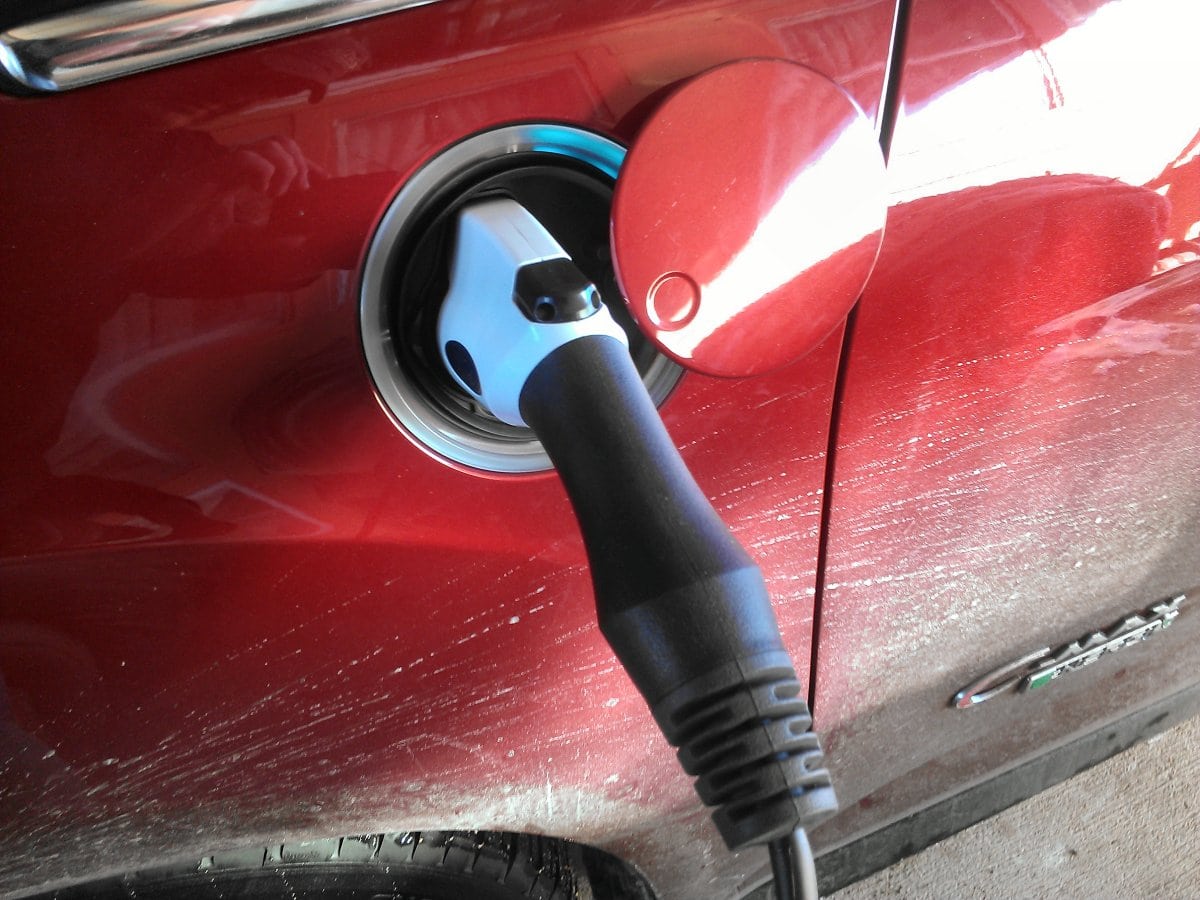The Environmental Working Group (EWG) sent a politically-charged open letter to Toyota asking them to reject the U.S. Environmental Protection Agency’s offer of a partnership. The letter says that the EPA, citing its director Scott Pruitt specifically, is working to destroy the agency’s ability to do its own job and that the offer of management practices evaluations is merely cover for that.
The letter says that “helping Pruitt manage the EPA into the ground” would betray the “Toyota way” and its brand identity as being forward-thinking, green, and ecologically-minded.
The EWG, betraying their lack of knowledge of both automotive history and economics, wrote to James Lentz, CEO of Toyota North America: “Mr. Lentz, if you were managing Toyota the way Scott Pruitt is managing the EPA, your annual ‘Toyotathon’ would be featuring showrooms stocked with Edsels and Studebakers, not the fleet of advanced, pioneering, energy-efficient models that for decades have strongly appealed to environmentally conscious American buyers.”
The partnership to which the EWG is referring is one tentatively announced by Mr. Pruitt on December 7, in which the EPA head said that the audit done by the previous administration’s EPA head found several problems with the way the agency handles some things regarding automotive testing and certifications. The findings came after a long audit was done over the Volkswagen “dieselgate” controversy.
The EPA’s proposal was not spelled out at that time, but was meant to work closely with automakers like Toyota to revamp how it conducts workload analysis and so-called “lean management” practices. The proposal did not include any indication of the EPA “running Toyota.”
While the EWG may have some standing in regards to their accusations against Mr. Pruitt, those are purely political and have little to do with what’s known of the proposed partnership the EPA may or may not have offered Toyota regarding automobile emissions certifications management. The fact that the EPA head would approach a very green-minded corporation such as Toyota should be taken as a sign of good intentions rather than an attempt to undermine the EPA’s mission.







